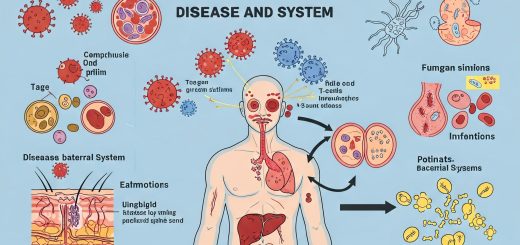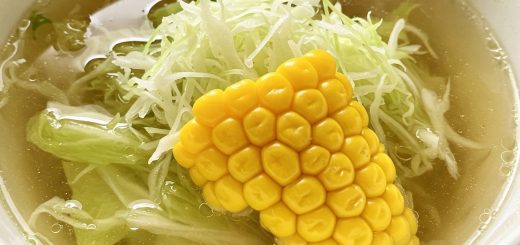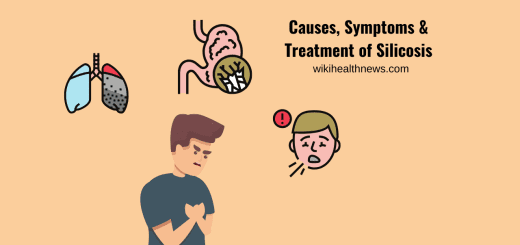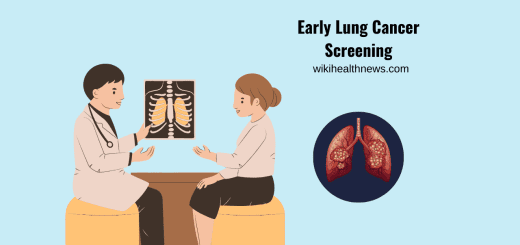HONEY AND HEALTH

Honey contains many pharmacological compounds that can help to improve health but these effects has to be proved through many stages of large trials. Some expected health benefits are discussed below which is shown in some small trials. The effects has to be confirmed in further trials .
What is the role of honey as antibiotic ?
Components of honey under preliminary research for their potential antibacterial properties include methylglyoxal, hydrogen peroxide, and royalisin (also called defensin-1).
What is the effect of honey on wound healing?
Some evidence shows that honey may help healing in skin wounds after surgery and mild (partial thickness) burns when used in a dressing, but in general, the evidence for the use of honey in wound treatment is of such low quality that firm conclusions cannot be drawn.
What are the antioxidants present in Honey?
Antioxidants present in honey come from a variety of sources, and include Vitamin C, monophenolics, flavonoids, and polyphenolics.
What are the expected effects of honey on Heart disease?
Regular flavonoid intake is associated with a reduced risk of cardiovascular diseases. In the coronary heart disease, the protective effects of flavonoids include mainly antithrombotic, antiischemic, antioxidant, and vasorelaxant.
Flavonoids decrease the risk of coronary heart disease by three major actions:
(a) improving coronary vasodilatation,
(b) decreasing the ability of platelets in the blood to clot,
(c) preventing LDLs from oxidizing.
Which pharmacological compound in honey helps to prevent heart disease?
Although there is a wide spectrum of polyphenols types, quercetin, caffeic acid phenethyl ester, acacetin, kaempferol, galangin, predominate in many honeys.
This review [The Potential Role of Honey and its Polyphenols in Preventing Heart Diseases: A Review : 2010 https://www.ncbi.nlm.nih.gov/pmc/articles/PMC3005390/ ] has demonstrated that certain honey polyphenols have a promising pharmacological role in preventing cardiovascular diseases. After generating more in-depth and exhaustive information of these compounds jointly in vitro and in vivo studies, clinical trials should be initiated to further validate these compounds in medical applications.
Effect of honey on Blood Pressure?
Cells or tissues may augment components of the antioxidant defense system in order to increase cellular resistance and protect against the deleterious effects of oxidative stress. However, this adaptive response may not always be protective against oxidative damage.
Findings from this study also indicate that expression of Nrf2, a potential renoprotective transcription factor, is markedly reduced or impaired in the kidney of SHR. Besides, our results reveal that the induction of antioxidant enzymes, perhaps as a compensatory mechanism, may occur in spite of impaired or reduced mRNA expression of Nrf2. The administration of honey protects the kidney against oxidative damage and attenuates oxidative stress-induced antioxidant defenses in SHR. These honey-treated SHR also exhibit reduced SBP. In conclusion, honey supplementation elicits antihypertensive effect via amelioration of oxidative stress in kidney of SHR. Additional studies in the future may help to establish a linkage of hypertension to downregulated activity and expression of Nrf2 or vice versa in SHR and/or human hypertension. Spontaneously hypertensive rats (SHR)
https://www.ncbi.nlm.nih.gov/pmc/articles/PMC3270456/











